Henry Wood: The man who made The Proms
As the 2024 Prroms get under way, we take a look at the man who began this great British summer institution: Henry Wood.
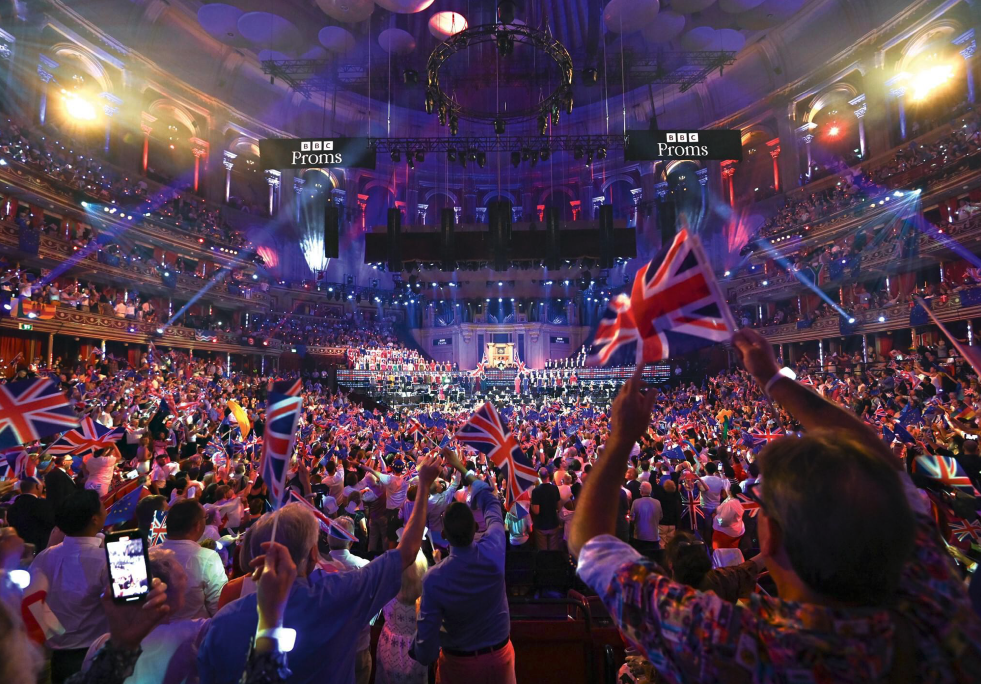
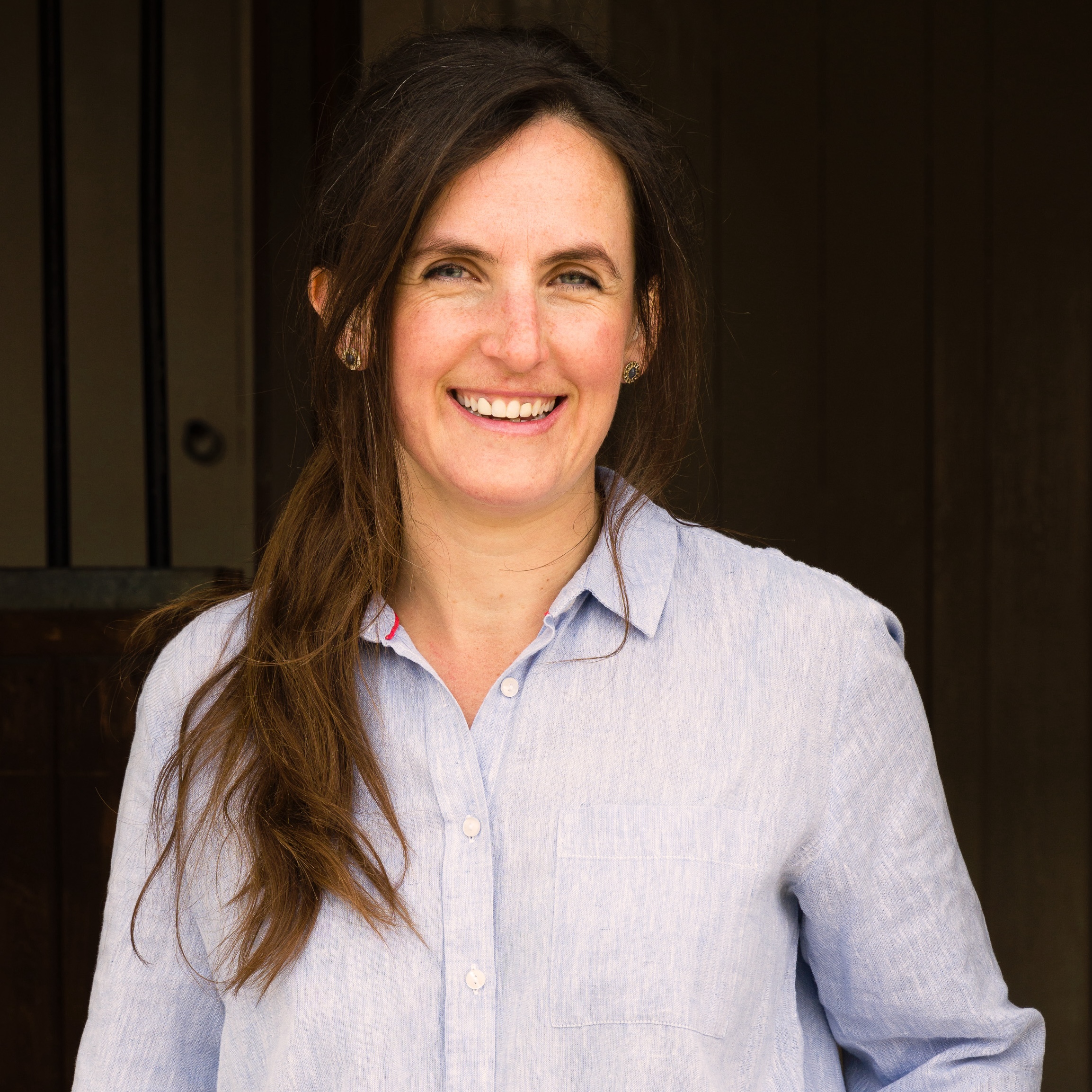
Over the next eight weeks, the Royal Albert Hall will echo to the sound of music during the BBC Proms (July 19–September 14).
This unashamed celebration of the chiefly classical repertoire fulfils Henry Wood’s dreams of expanding the British public’s appreciation and combating the German opinion that Britain was Das Land ohne Musik (‘the land without music’). At the first Prom, on August 10, 1895, Wood conducted an overture by Wagner, a composer considered beyond the capabilities of a Briton.
Three things you never knew about the Proms
The name comes from ‘promenade concerts’, originally performances held in parks with listeners walking past, an arrangement that exposed more people to classical music
Co-founder Robert Newman, manager of the Queen’s Hall, where the Proms were held before it was destroyed in the Blitz, stated he wished ‘to train the public in easy stages’, starting with ‘popular’ music and ‘gradually raising the standard until I have created a public for classical and modern music’
Wood’s famous Fantasia on British Sea Songs was composed in 1905 to celebrate 100 years since the Battle of Trafalgar
Wood, it is true, was exceptional. Born to musical parents in 1869, he could play the organ by the age of 10; at 14, he did so at the ‘Musicians’ Church’, St Sepulchre-without-Newgate — his ashes were interred there after his death in 1944 — and he joined the Royal Academy of Music at 16. He switched from teaching singing to conducting and wielded the baton on rostrums from London to New York via countless amateur groups and the academy’s student orchestra.
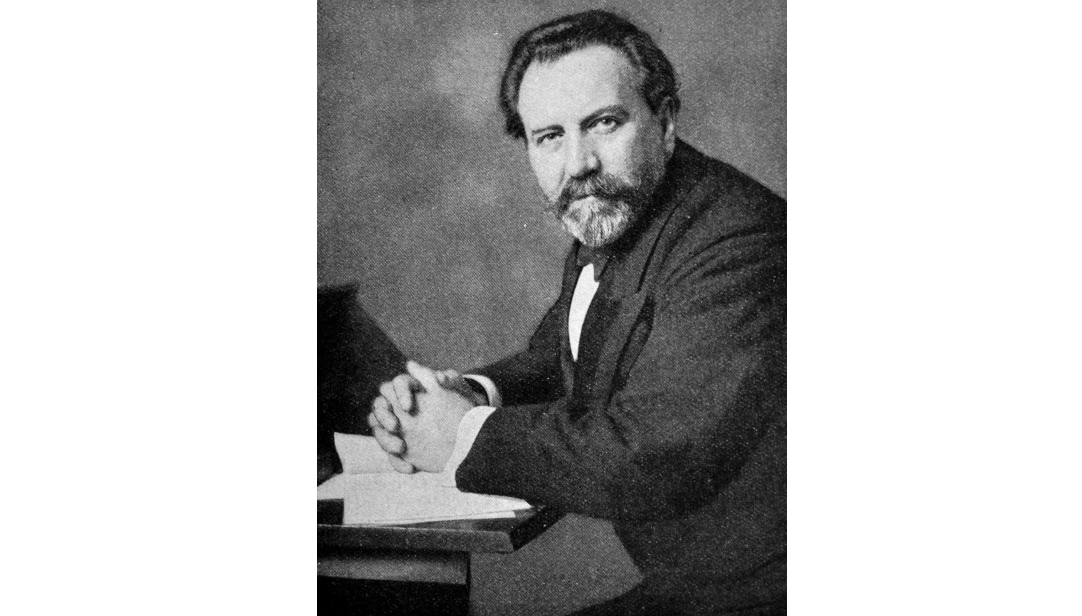
Wood introduced many European composers to British ears, including Sibelius, Debussy and Schoenberg, conducted the premières of hundreds of new pieces and was the first to open his orchestra to women, in 1913.
Indefatigable and generous, he had a sense of humour: following criticism of his orchestrations, he presented a transcription of a Bach piece as being by ‘Paul Klenovsky’; it won wide acclaim. The Russian pseudonym resulted from his interest in the country of his first wife, singer Princess Olga Urusova, who died in 1909. Today, his bust watches over the Royal Albert Hall and his books, arrangements and sheer passion still inspire musicians.
See the full 2024 BBC Proms programme and book tickets
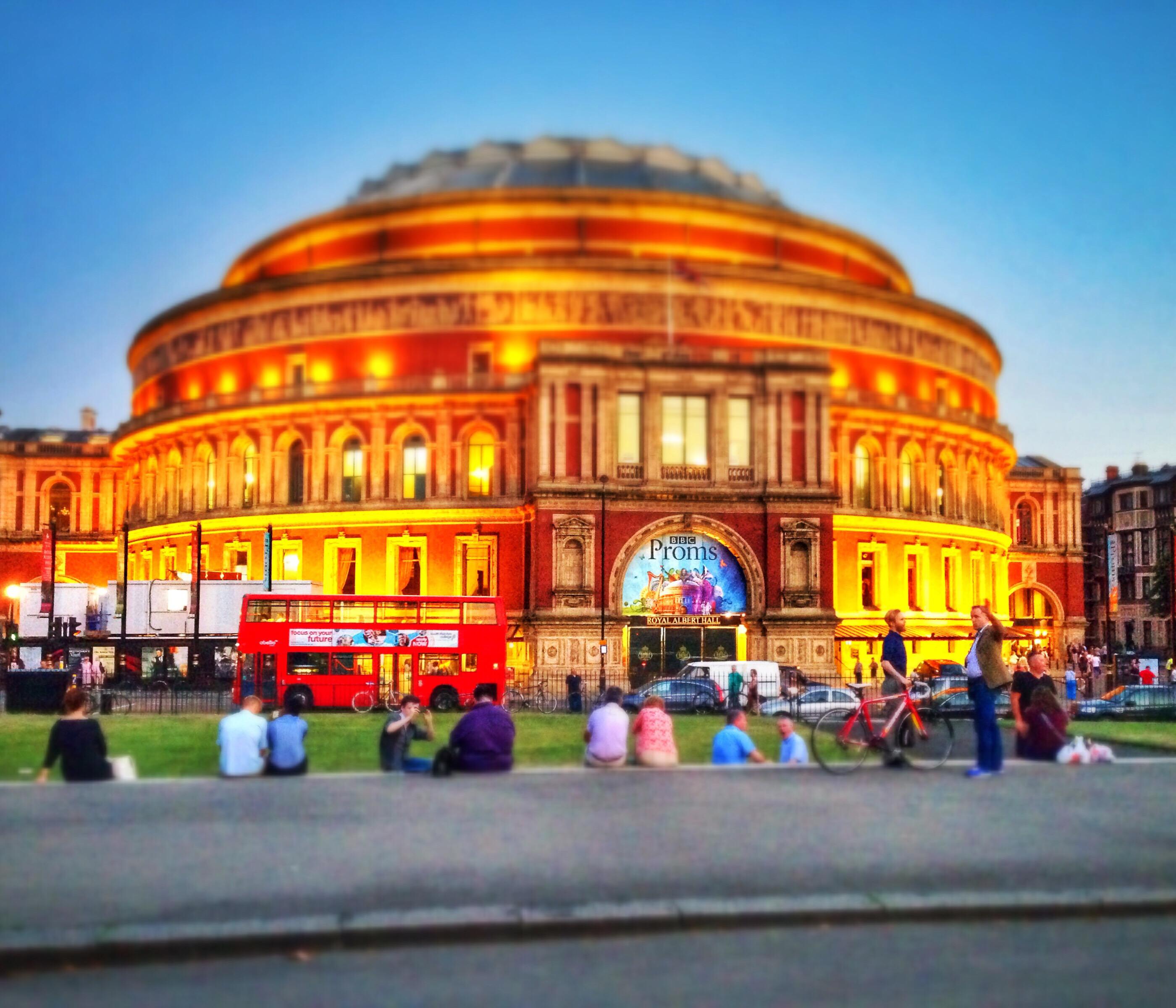
The BBC Proms are the most ambitious, eclectic and successful classical music festival in the world — and we should celebrate them
The Proms are a great British institution and a remarkable success story, says Country Life's cultural commentator Athena.
Sign up for the Country Life Newsletter
Exquisite houses, the beauty of Nature, and how to get the most from your life, straight to your inbox.
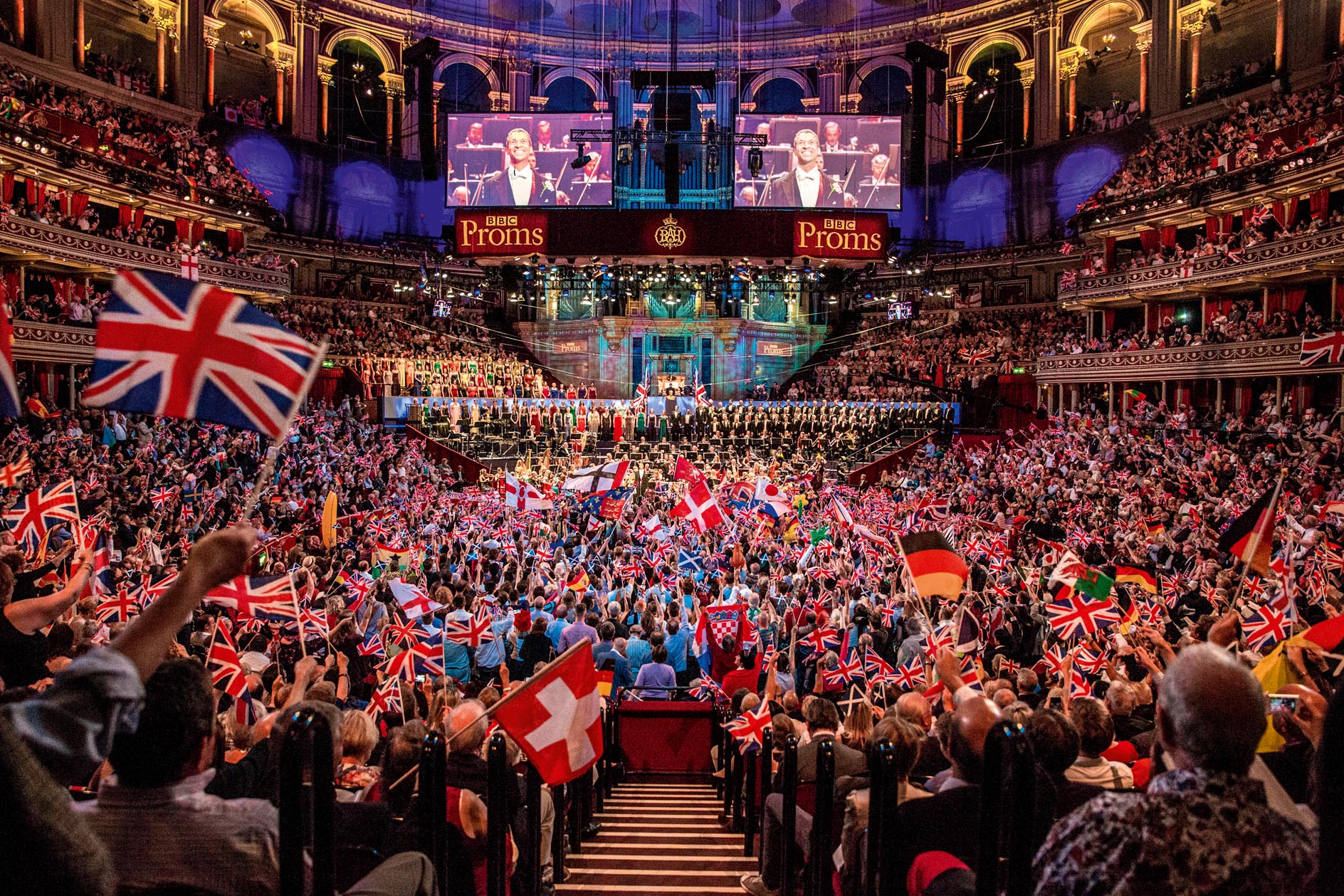
In Focus: What happens behind the scenes at the Proms
Floods, nerves and piano tuning — Henrietta Bredin goes backstage at the world’s biggest music festival, an epic feat of
Octavia, Country Life's Chief Sub Editor, began her career aged six when she corrected the grammar on a fish-and-chip sign at a country fair. With a degree in History of Art and English from St Andrews University, she ventured to London with trepidation, but swiftly found her spiritual home at Country Life. She ran away to San Francisco in California in 2013, but returned in 2018 and has settled in West Sussex with her miniature poodle Tiffin. Octavia also writes for The Field and Horse & Hound and is never happier than on a horse behind hounds.
-
 'Monolithic, multi-layered and quite, quite magnificent. This was love at first bite': Tom Parker Bowles on his lifelong love affair with lasagne
'Monolithic, multi-layered and quite, quite magnificent. This was love at first bite': Tom Parker Bowles on his lifelong love affair with lasagneAn upwardly mobile spaghetti Bolognese, lasagne al forno, with oozing béchamel and layered meaty magnificence, is a bona fide comfort classic, declares Tom Parker Bowles.
By Tom Parker Bowles
-
 Country houses, cream teas and Baywatch: Country Life Quiz of the Day, April 24, 2025
Country houses, cream teas and Baywatch: Country Life Quiz of the Day, April 24, 2025Thursday's Quiz of the Day asks exactly how popular Baywatch became.
By Toby Keel
-
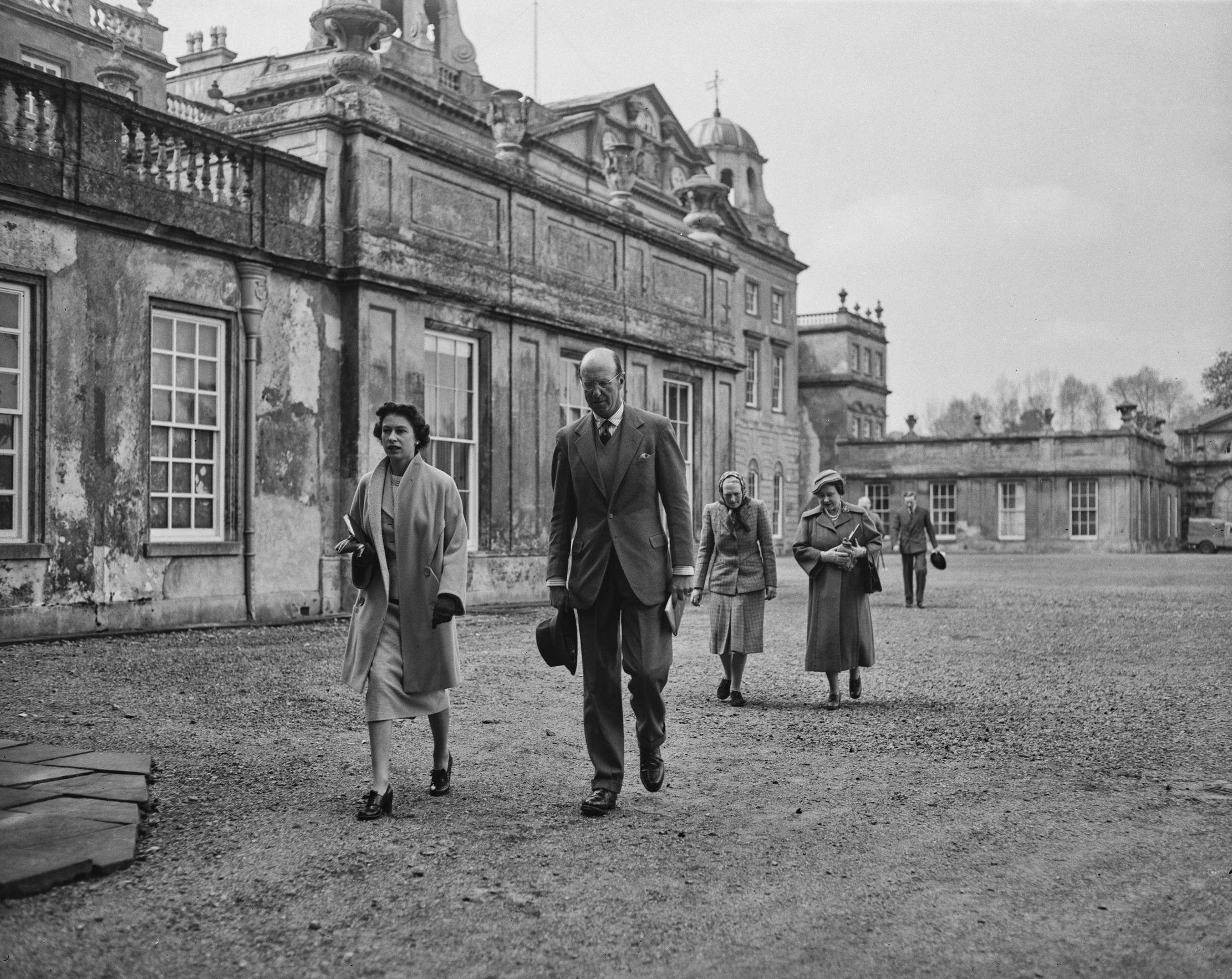 Everything you could ever want to know about Badminton, 'the most important and most typically English' eventing competition in the world
Everything you could ever want to know about Badminton, 'the most important and most typically English' eventing competition in the worldIn the latest edition of The Legacy, we look at the 10th Duke of Beaufort who, so disgusted at Britain's eventing performance at the 1948 Olympics, decided to set up his own competition at his home at Badminton.
By Kate Green
-
 How the Stevenson lighthouses saved the sailors of Scotland
How the Stevenson lighthouses saved the sailors of ScotlandThe Stevenson family saved countless thousands of lives off the coast of Scotland with their network of hundreds of lighthouses — and their designs made life safer for sailors around the globe.
By Octavia Pollock